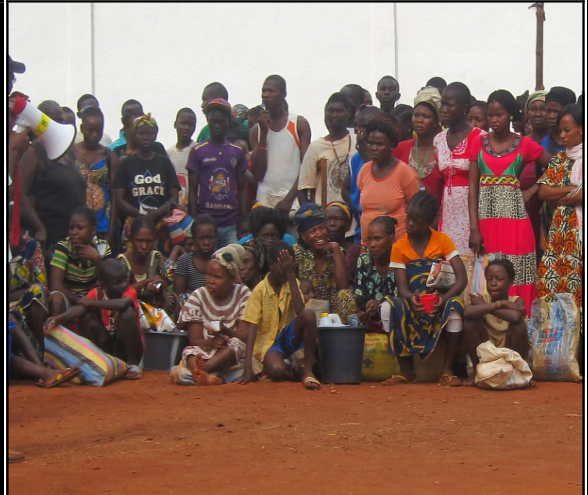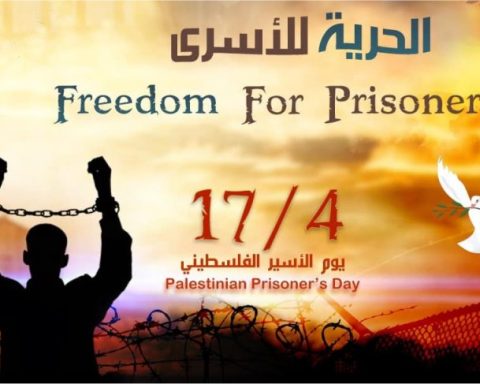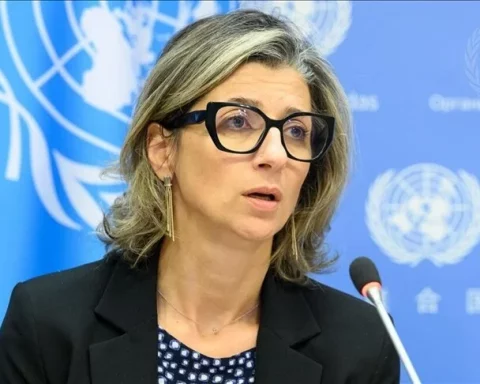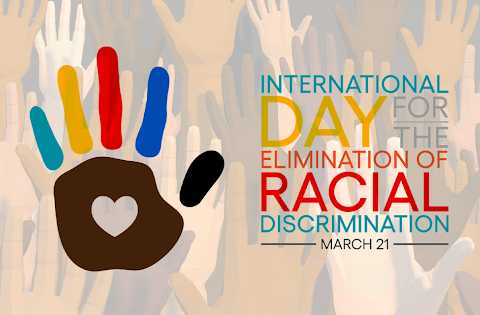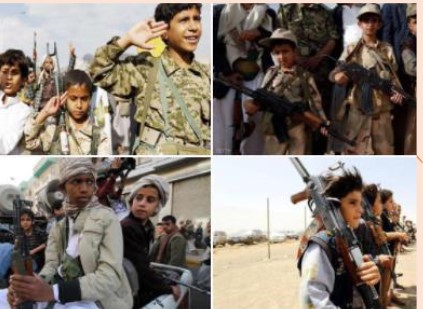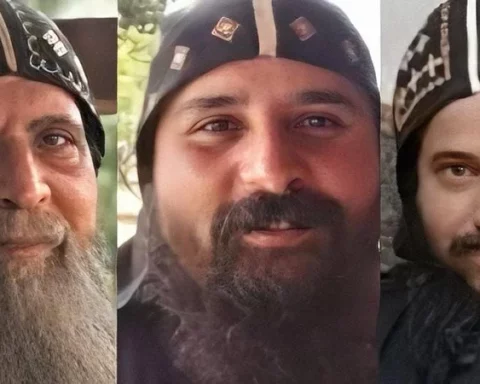..Press Release
…………………………………………………
Today, Sunday, 2/4/2023, the Egyptian Coalition for Human Rights and Development issues its report Central Africa Republic: A Struggle for Hegemony and Influence and Crimes against Humanity, which deals with the civil war in the African Republic, and the extent of the suffering of women and children in its cause, through some of the following points:
- A brief overview of the civil war in the Central African Republic.
- The origins and ideology of the Seleka and Ante Balaka.
- The continuation of the civil war.
- Models who suffered from the Civil War.
- Repercussions and losses for the Central African Republic as a result of the conflict.
- International intervention in the Central African Republic.
- The impact of conflict on women in the Central African Republic.
- The impact of conflict on children in the Central African Republic.
- Recommendations.
In December 2013, hundreds of thousands of people were forced to flee their homes as violence spread in the Central African Republic, where militants brutally killed civilians, looted homes and burned villages. To date, more than 792,584 refugees from the Central African Republic still live in Cameroon, Chad, the Democratic Republic of the Congo and the Republic of the Congo.
According to the United Nations, more than half of the population is in need of humanitarian assistance, the number of displaced and refugees is estimated at 1.4 million, and the Republic remains one of the most dangerous countries in terms of life expectancy, maternal mortality and malnutrition, and lack of access to health care..
Years of conflict and instability have devastated government infrastructure and institutions, leaving millions of CAR citizens without access to clean water, health care and food.
About 3% of the Republic’s population has access to running water, because many water access points, such as wells and pumps, have been destroyed by years of violence – others have been contaminated with dead bodies.
The prevalence of cholera and other waterborne diseases increases during the rainy season, which lasts most of the year in the south and is limited to the summer months in the north.
The Central African Republic currently ranks worst according to the Global Hunger Index, with a score of 50.7, the only country classified as extremely worrying.
The report concluded with the following recommendations:
- Urging armed groups to cease all attacks and reprisals against the civilian population, including acts of sexual violence.
- Laying down arms and re-engaging in the peace process as the only viable path to lasting peace and reconciliation in the Central African Republic.
- Adopting practical and effective measures to protect civilians and prevent future human rights violations and abuses in areas affected by violence and armed conflict.
- Subjecting any person who commits acts that undermine the exercise of fundamental rights and freedoms by Central African citizens to international sanctions, including appearing before the International Criminal Court.
- All leaders of armed groups who have been integrated into the State apparatus shall exercise effective human rights due diligence, which obliges them to respect republican laws and deters them from committing any acts contrary to their obligations under the Agreement.
- Urging CAR’s neighbors and international partners to take the initiative as peacemakers to accompany CAR towards transparent elections and refrain from any action or transgression that is likely to undermine the electoral process and plunge the country back into chaos.
- Urging the UN Security Council to take urgent measures and send a strong message to CAR actors that the risks of violence are real.”
- The Special Criminal Court in the Central African Republic should adopt a specific trial strategy, given the wide scope of crimes committed during conflicts and the impossibility of prosecuting all perpetrators.

